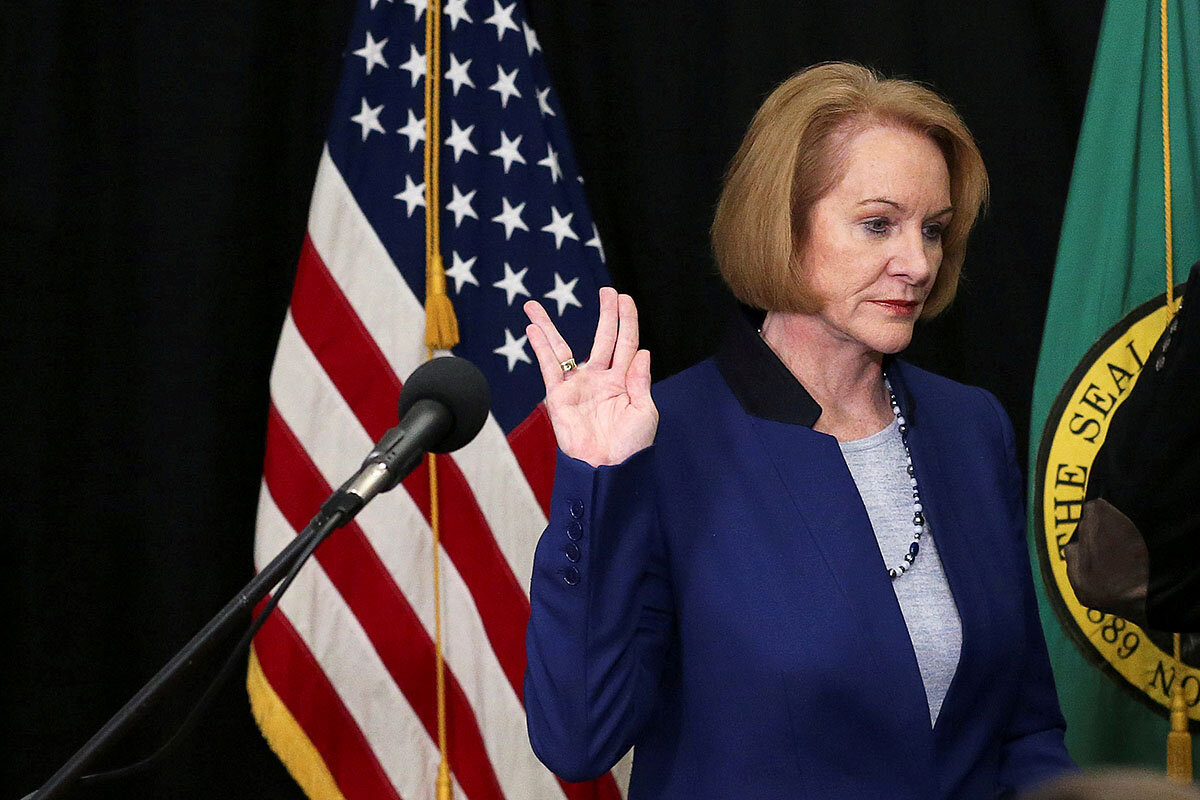Western societies are taking extraordinary measures to address the coronavirus. But what are Syrians in refugee camps and war zones to do? It’s an important question – for everyone.
Monitor Daily Podcast
- Follow us:
- Apple Podcasts
- Spotify
- RSS Feed
- Download
 Linda Feldmann
Linda Feldmann
Today we offer stories on the challenge of delivering humanitarian aid amid a pandemic, Seattle’s no-nonsense mayor, the “must show up” workforce, a visit to an Ohio factory town that’s retooling, and Israel’s food revolution. First, some thoughts on the news business.
Around the globe, news outlets are working round-the-clock to get crucial information to viewers and readers amid a pandemic. Reporters, editors, and others are working long hours, and some are putting themselves in harm’s way, to deliver a vital service to the public.
Fact-checkers are sifting truth from fiction – including malicious disinformation aimed at sowing fear, as the Monitor’s Christa Case Bryant wrote this week. In the United Kingdom, local papers owned by rival publishers came together Friday to run the same editorial and front-page headline: “When you’re on your own, we are there with you.”
Even before the COVID-19 outbreak, these were bleak times for local and regional print outlets, increasingly online, that are struggling to stay afloat financially. Many alt-weeklies, which rely on advertising for live events and restaurants, now face “total annihilation” as social distancing takes hold. Some have set up GoFundMe pages.
The irony is, at this time of profound need, readers of many publications are now getting paywall-free access to coverage of the pandemic – not only the bad news but also stories of generosity and courage. (The Monitor’s coronavirus coverage has moved outside the paywall.)
We hope that readers reward this expression of public service by realizing they should pay for the local news they rely on, if they don’t already, and either subscribe or make a donation.
Wishing everyone a safe weekend.










